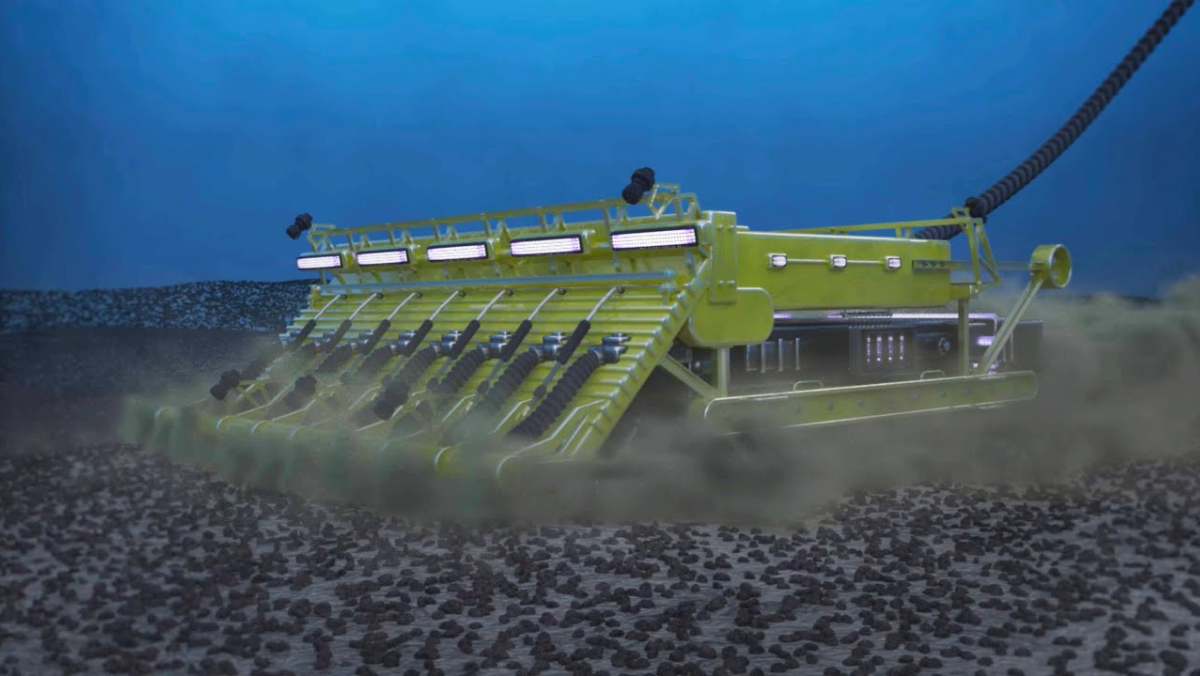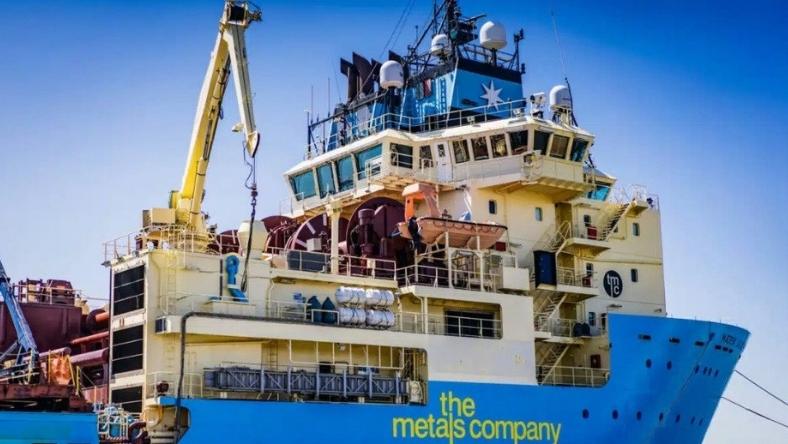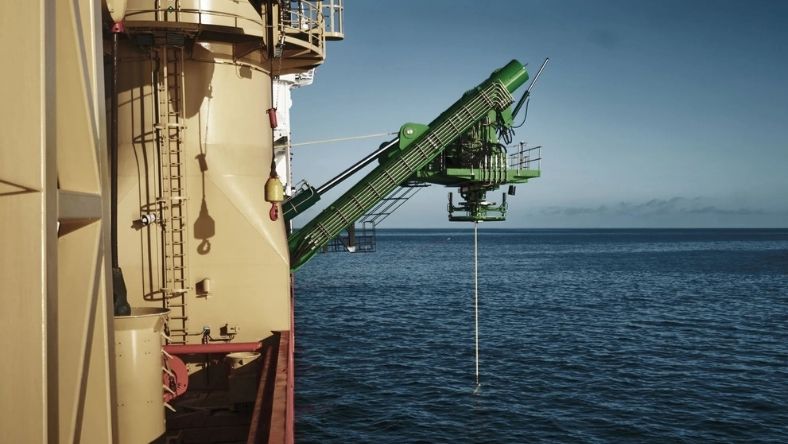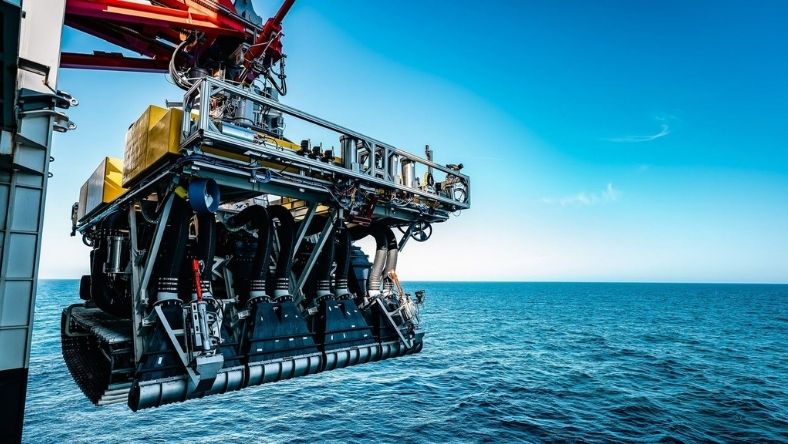RESEARCH
Tracking the Plumes: What Seabed Mining Tests Reveal
Studies and trials from GSR, TMC, Allseas, and BGR mark real progress in plume management for seabed mining.
2 Aug 2025

The debate over seabed mining has long centred on sediment plumes, the clouds of disturbed particles that could affect marine ecosystems. A series of validated trials and studies is now offering regulators and researchers more reliable data on how such plumes behave.
The GSR-led MiningImpact project recently published findings in Nature Communications that tracked sediment dispersal during simulated operations. Drawing on extensive field data, the study provided a more precise assessment of environmental risks, moving discussion beyond modelling toward measurable impact.
Earlier work has also added benchmarks. In 2022, The Metals Company and partner Allseas conducted deep-water collector trials, producing real-world data on plume generation. The results have been used to refine engineering designs and give regulators clearer parameters for monitoring during commercial-scale mining.
Further testing is planned. Germany’s Federal Institute for Geosciences and Natural Resources (BGR) and Impossible Metals intend to trial an autonomous underwater vehicle in 2026, though some industry sources suggest the start date could slip to 2027 or 2028. The project will examine whether selective nodule harvesting can reduce sediment release compared with conventional systems.
Together, these initiatives reflect a shift towards evidence-based evaluation. While controversy over seabed mining’s ecological effects continues, the growing body of field data is establishing a firmer basis for regulatory standards and future investment decisions.
Latest News
23 Feb 2026
Diving for Battery Metals in the Pacific19 Feb 2026
Who Controls the Ocean Floor’s Riches?18 Feb 2026
Europe Rethinks Mining’s Digital Future on Land and Sea17 Feb 2026
Europe Positions for Subsea Technology Shift
Related News

INVESTMENT
23 Feb 2026
Diving for Battery Metals in the Pacific

MARKET TRENDS
19 Feb 2026
Who Controls the Ocean Floor’s Riches?

TECHNOLOGY
18 Feb 2026
Europe Rethinks Mining’s Digital Future on Land and Sea
SUBSCRIBE FOR UPDATES
By submitting, you agree to receive email communications from the event organizers, including upcoming promotions and discounted tickets, news, and access to related events.